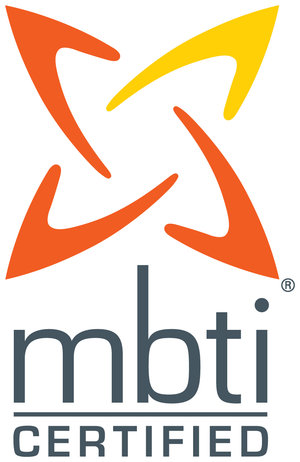Agency leaders are often tasked with working to develop staff throughout the organization. Often times leaders tend to focus on two types of staff – the shining stars that we see headed for success within the organization or the struggling supernova who need to drastically improve or move on to another company. As a result of the time and attention placed on this task, leaders are often quite skilled at identifying the strengths and areas for improvement in our own staff. However, when we have achieved leadership status within an organization a fatal flaw often presents itself. Leaders tend to believe that they don’t need to improve any more. They view themselves as having arrived or achieved what they set out to do. What’s the point of more personal and professional development when you’re at the top?
The truth is that we can all continue to improve and develop. The better our leaders become, the better the staff can become, and the better the agency can be. When we partner with clients, we often hear leaders say, “I’ve worked on so much over the years, I’m not sure what to work on now.” Our response is always simple – “You need to take an assessment.” It’s impossible to make a good plan without data to drive it. Taking an assessment will give you the data you need to draft an improvement plan.
Leaders have often taken a great number of assessments over the years and are apprehensive to return to that route. They feel as though they’ve already gained all the information they can from that process, but assessments remain a valuable tool. Assessments are great at giving us information about a person at a particular point in time. Yes, you may have taken an assessment as part of an employee development protocol several years ago – but you’ve likely changed a lot over the years. You’ve probably completed a great deal of development work. Perhaps you’re not even in the same position anymore. You may have a completely different work environment. All of these (and there are many more!) are reasons why you should go back to step one and complete an assessment.
There are many different assessments on the market that you can consider to inform your developmental path. Each serve different purposes and provide different types of information – and some are definitely better than others. There are four assessments that we recommend to our clients who are looking to start this process: the Myers-Briggs Type Indicator (MBTI), the Everything DiSC, the Emotional Quotient Inventory 2.0 (EQ-i 2.0), and the CliftonStrengths. These assessments provide a diverse array of information – which is why we suggest that our clients take any and all of these assessments. The more data you have the better – so invest in as many of these as you can in order to develop your growth plan. If you have taken one of these in the past, but it’s been more than 2 years since you’ve completed it, it’s worth investing in another assessment. If nothing else, it can confirm your earlier results and provide you with more confidence in the outcomes.
· Myers-Briggs Type Indicator (MBTI) – The MBTI is perhaps the world’s most well-known personality assessment. The tool can be completed online or in-person and provides a typing which places you into one of 16 different personality types. The results of the tool provide insights into the way that you interact with others, increased self-awareness of each personality type’s strengths and challenges, and ideas for adapting your behavior in response to other personalities in the room that can assist you with achieving greater success.
· Everything DiSC – The Everything DiSC is another personality assessment designed to help individuals better understand themselves and better learn to adapt their behaviors with others. This online questionnaire classifies individuals into four quadrants: Dominance, Influence, Steadiness, and Conscientiousness. The information is then utilized to explore strengths and areas of growth.
· Emotional Quotient Inventory 2.0 (EQ-i 2.0) – The EQ-i 2.0 is the world’s leading assessment tool for evaluating emotional and social intelligence. The assessment contains 133 items which converge to provide insight into 15 competencies and 5 composite areas. The EQ-i 2.0 provides you with a picture of how you operate emotionally – something that research now demonstrates is a greater predictor of success than traditional intelligence.
· CliftonStrengths – CliftonStrengths (formally the Clifton StrengthsFinder) is an online talent assessment. This assessment evaluates your natural patterns of thinking, feeling, and behaving and categorizes them into 34 CliftonStrengths themes. The results are utilized to identify what you naturally do best, how to develop and leverage your greatest talents into strengths, and how to maximize your potential.
Don’t stop at just completing the assessments. Once you are armed with this data, it’s time to put this information to work for you. You can incorporate these findings in a detailed personal or professional development plan for yourself. Partnering with a coach through this process can assist you in your growth development journey. A coach can assist you in interpreting your results, shed light on blind spots that you may not be conscious to you, guide you in setting goals related to your development, and act as an accountability partner as you take the action steps towards your goal.








